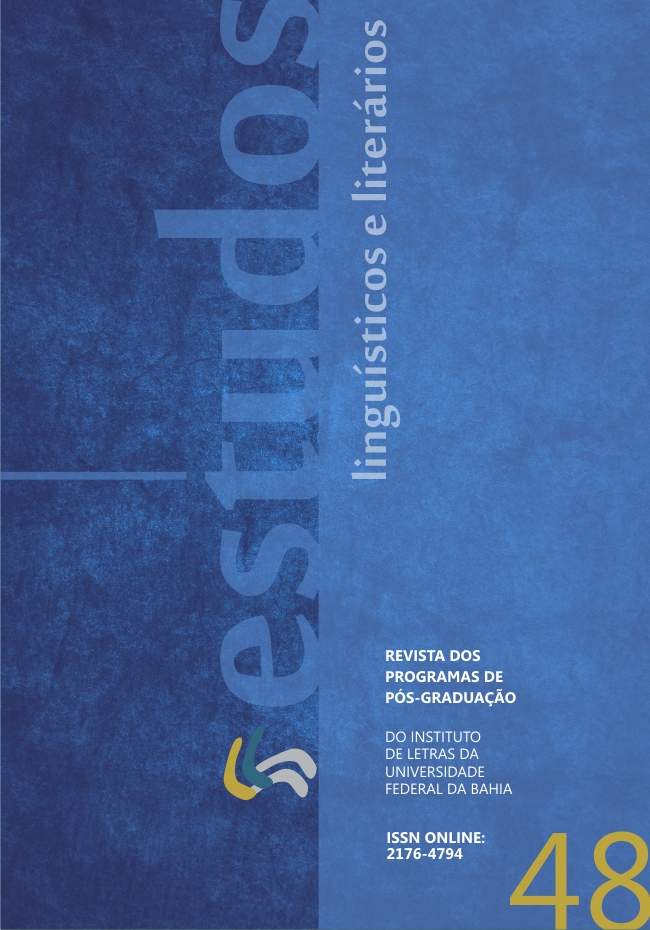WHICH ENGLISH PLEASES YOUR EAR? AN ATTITUDE STUDY ON ACCENTS IN TIMES OF ENGLISH AS A LINGUA FRANCA (Que inglês lhe soa agradável? Um estudo atitudinal sobre sotaques em tempo de Inglês como língua franca)
DOI:
https://doi.org/10.9771/2176-4794ell.v2i48.14537Parole chiave:
English as lingua franca, attitude studies, accents, sociocultural connotations.Abstract
From the second half of the 20th century, English has become the most widely spoken language for international communication in the world. It connects people with varied lingua-cultures who otherwise would not be able to communicate, functioning as a global lingua franca. Since the majority of the speakers are non-native, we need to ask ourselves why there are so many people struggling to sound native-like in English. About the repercussions of an accent, Mcnamara (2001) states that we not only evaluate people by how they speak, we also evaluate their speech by our sociocultural connotations of the group they belong to. Reflecting on this issue, this is an attitude study on accents of English as lingua franca (ELF) interactions through the analyses of the answers to a questionnaire applied to students of English in Salvador (BA). The ponderations are based on paramount sociolinguistic themes like the “inherent value” granted to hegemonic varieties, as well as in the attempt understand the participants’ attitude toward accents of English in international settings. It aims, among other things, to raise the awareness of how much work still needs to be done to legitimize non-hegemonic Englishes.Downloads
I dati di download non sono ancora disponibili.
##submission.downloads##
Pubblicato
2013-10-08
Come citare
SILVA, J. S. da. WHICH ENGLISH PLEASES YOUR EAR? AN ATTITUDE STUDY ON ACCENTS IN TIMES OF ENGLISH AS A LINGUA FRANCA (Que inglês lhe soa agradável? Um estudo atitudinal sobre sotaques em tempo de Inglês como língua franca). Estudos Linguísticos e Literários, Salvador, v. 2, n. 48, 2013. DOI: 10.9771/2176-4794ell.v2i48.14537. Disponível em: https://periodicos.ufba.br/index.php/estudos/article/view/14537. Acesso em: 19 dic. 2024.
Fascicolo
Sezione
Estudos Linguísticos


